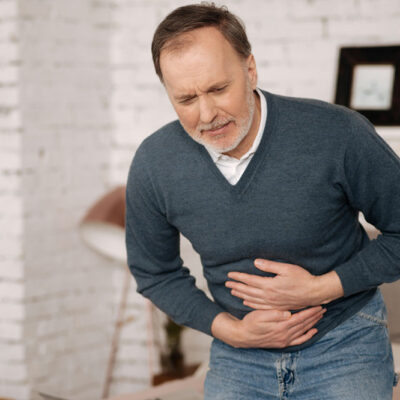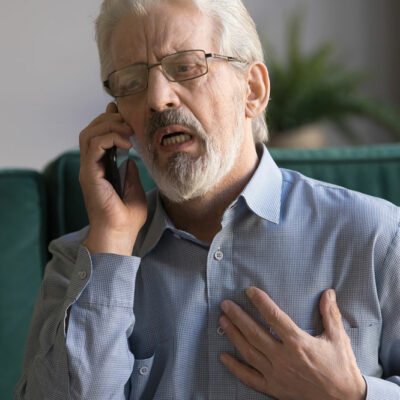
6 Early Indications Of Bowel Issues And How People Treat Them
There are many different types of bowel issues ranging in severity, from irritable bowel syndrome (IBS), to ulcerative colitis, crohn’s disease, and even colon cancer. There are many different types of medications that can be taken as well to treat these bowel issues, such as entyvio, infliximab, ustekinumab, and more. Here are some early indications you may have a bowel disease and what your options are to treat it:
1. Abdominal pain and cramps
One of the first signs of bowel issues is pain in the abdomen and cramping. Lots of issues could cause this such as constipation, food allergies, lactose intolerance, food poisoning, a bowel blockage, or cancer. This is why it’s important to go to a physician upon the onset of this issue. People treat abdominal pain and cramping by eating easy to digest foods such as bananas and crackers, ensuring they are hydrated and drinking plenty of clean fresh water, as well as by applying heat from heating pads or other sources on their abdomen. While these treatments can help ease the pain, the best way to cure abdominal pain and cramping is by treating the source of the pain so make sure to get a treatment recommended by your doctor.
2. Excessive gas
Excessive gas can mean either excessive burping, farting, or both. It is a warning sign that there is an issue with your bowel and can be caused by eating foods that are difficult to digest, IBS, ulcerative colitis, and more. In order to treat excessive gas you should eat smaller portions, eat slower and be sure to chew your food thoroughly, avoid chewing gum, and avoid foods that can trigger gas such as beans, lentils, lactose, or cruciferous vegetables.
3. Diarrhea and constipation
Diarrhea and constipation are two very uncomfortable early symptoms of a bowel disorder. You may only have one or the other or even alternate between both. This is a sign of an issue such as IBS, inflammatory bowel disease, diabetes, and more. Diarrhea and constipation can cause hemorrhoids to appear or even intestinal blockages so it is important to treat these symptoms as soon as they occur. There are medications you can take to help with each symptom such as anti-diarrheal medications or, in the case of only constipation, laxatives. You should make sure you are very hydrated, and if there is any pain, heat can be applied to the abdomen to help ease the discomfort.
4. Fecal incontinence
Fecal incontinence can range in severity from occasional leakage of stool when passing gas through the rectum to complete loss of bowel control. This can be a very embarrassing and severe early symptom of bowel issues so if you have this issue it is important to see a doctor regarding it immediately. Treating fecal incontinence depends on what is causing it but generally exercising regularly, eating high fiber foods, and consuming plenty of fluids can help improve symptoms. Another option for those with this symptom is to wear diapers to stop the leakage from becoming obvious until they can get to a restroom.
5. Blood present in stool
Blood on or in the stool that is either bright or dark can be an early sign that there is a problem within the bowel. Blood in the stool can be caused by hemorrhoids, anal fissures, ulcers, and colorectal cancer. Treatment will depend on what is causing the issue but typically it is recommended that you eat a high-fiber diet, take a sitz bath (sit in warm water up to the hips to relieve discomfort), and drink plenty of water.


